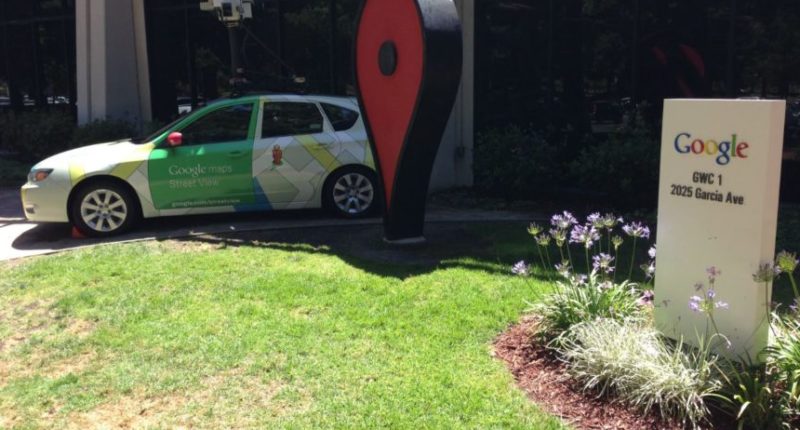Tech Giant Google on Thursday released locational data for users in over 130 countries, presenting an analysis of the sweeping lockdowns imposed by countries across the globe and how judiciously the population has followed the restrictions.
The analysis is based on traffic comparisons from February 16th to March 29th at public places like subway, train and bus stations, grocery stores, parks, pharmacies, and workplaces, among others. The data was compiled using locational data from billions of users around the world and was compared to the normal traffic volumes.
California, USA, first to impose a state-wide lockdown in the US, saw a 50% decline in traffic at public places. In comparison, Arkansas, which doesn’t have a lockdown imposed, saw a meager 29% decrease in public activities, lowest across the US.
Italy, one of the worst-hit countries, produced a bleak picture of the conditions, with recreational activities stooping 94%, while workplaces saw a 63% decline in visits. Even for essential items, like grocery and pharmaceutical products, visits dropped a scary 85%.
The data also showed a contrasting picture for places that were yet to go into lockdown mode when this data was compiled, even though COVID-19 cases had already been detected in thousands.
Grocery stores across Singapore, the United Kingdom, and other similar countries saw a spike in visits as the countries prepped to go into lockdowns. Irresponsible and reckless behavior was also on display, with some parks in San Francisco Bay Area seeing an increase in visits, forcing the authorities to close the places down.
Japan, a country that hasn’t faced a severe crisis yet, has seen a comparatively meek downfall of 26% in recreational visits. Workplaces registered a mere 9% decrease. Japan has not imposed a nationwide lockdown yet.
While the analysis and data sharing to deal with the current situation are all well and good, there is always a concern for privacy where ever user data is involved, that too at such a large magnitude. Facebook has also reported a similar process of sharing location data with non-government researchers to produce reports for authorities in various countries. But the tech giant hasn’t come clean on the type and amount of data it is sharing, nor has it published the findings like Google.
Google said that the purpose of pushing the reports in the public domain is to avoid any unnecessary confusion over the sharing process. The location history is traced for users who have opt-in by enabling their “locational history”. While Google said it was not any sensitive demographic data, it said it was open for future follow-ups to help the authorities to curb the menace.
“These reports have been developed to be helpful while adhering to our stringent privacy protocols and policies,” Dr. Karen DeSalvo, chief health officer for Google Health and Jen Fitzpatrick, senior vice president for Google Geo, wrote in a blog post.
The findings are sure to help countries assess the lockdowns and plan better strategies to ensure smooth implementation of the restrictions while minimizing public grievances, as the global count for COVID-19 cases reached 10,18,948, with over 53,000 casualties.
The Tech Portal is published by Blue Box Media Private Limited. Our investors have no influence over our reporting. Read our full Ownership and Funding Disclosure →







